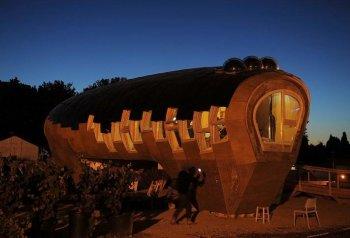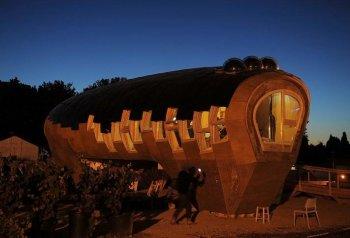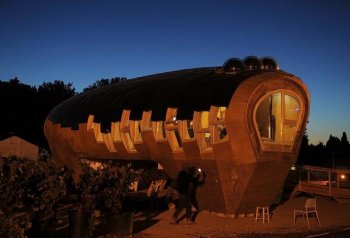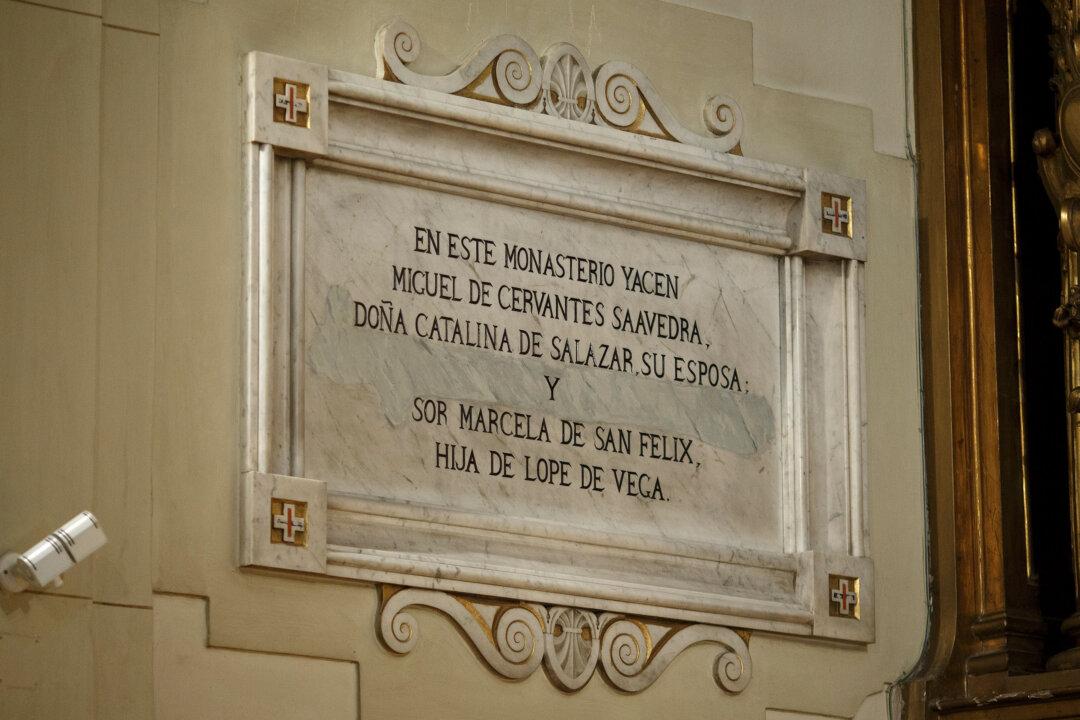Solar Decathlon Europe: Living from the Sun
Teams from 17 university and 7 countries compete to build the most sustainable, self-sufficient, and livable solar home.

GOING SOLAR: The solar powered FabLab House by the Instituto de Arquitectura Avanzada de Catalunya is seen at night on June 22, in Madrid, Spain. Seventeen universities from around the world are competing with their carbon-free solar powered houses in the Denis Doyle/Getty Images
|Updated:




